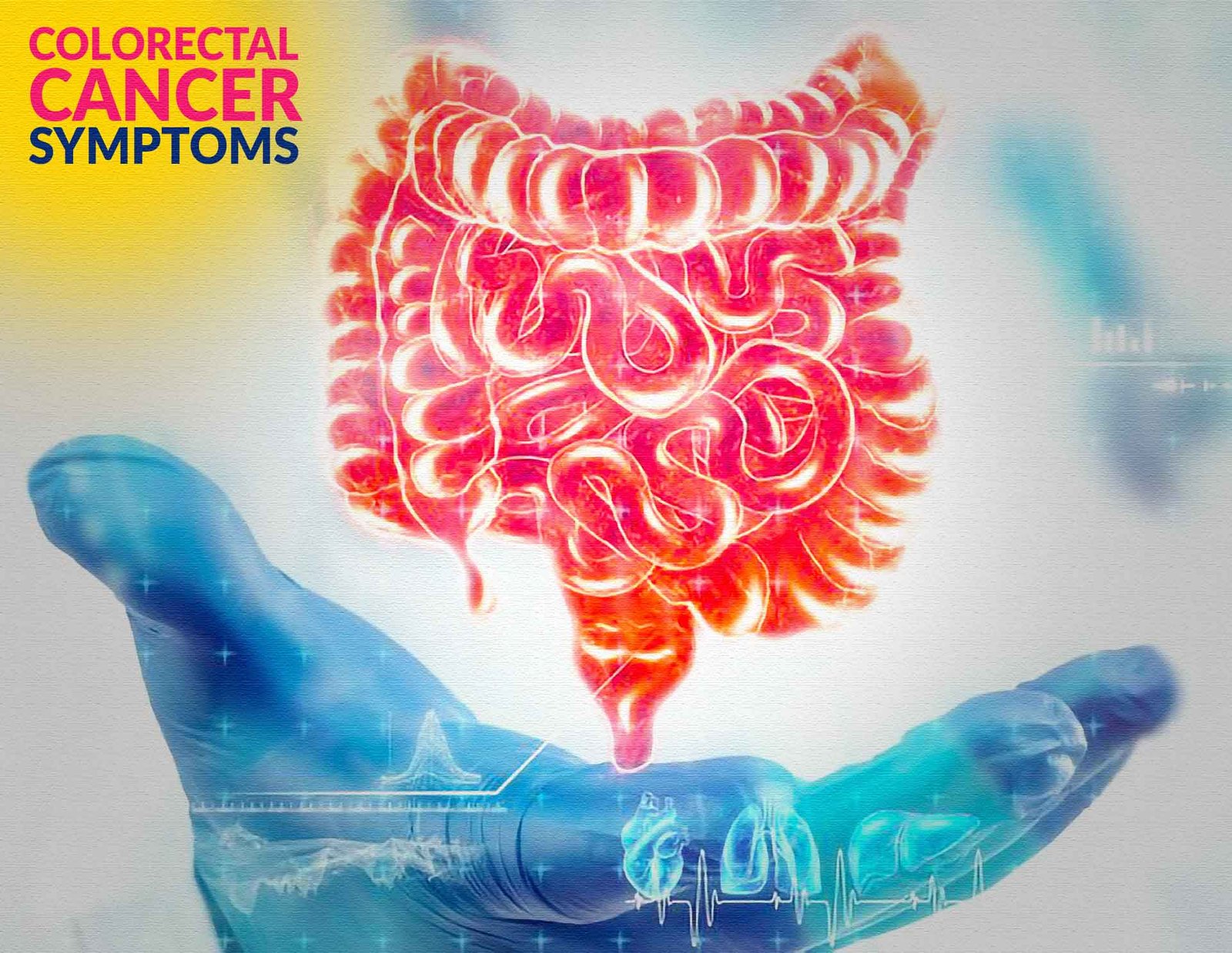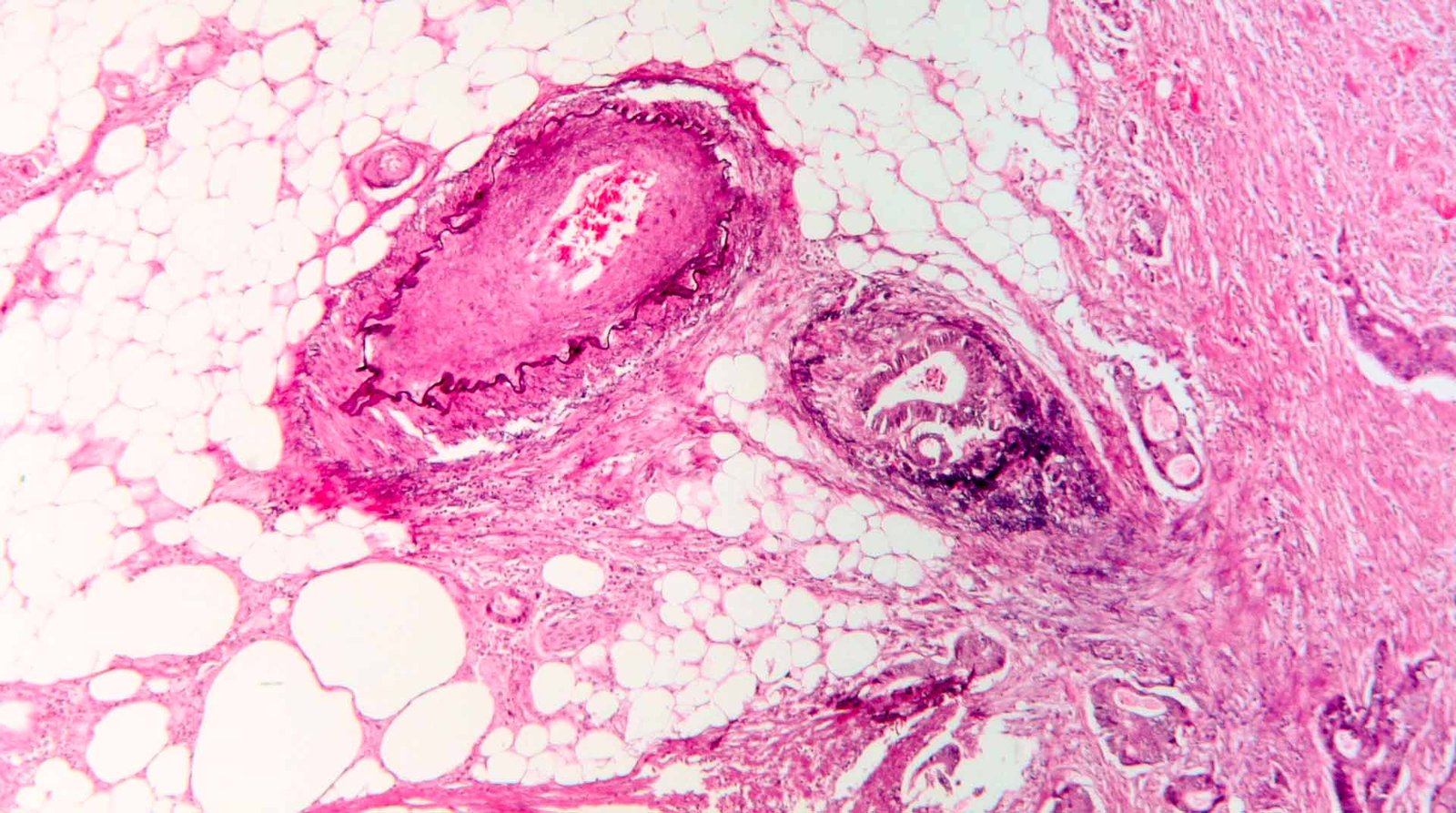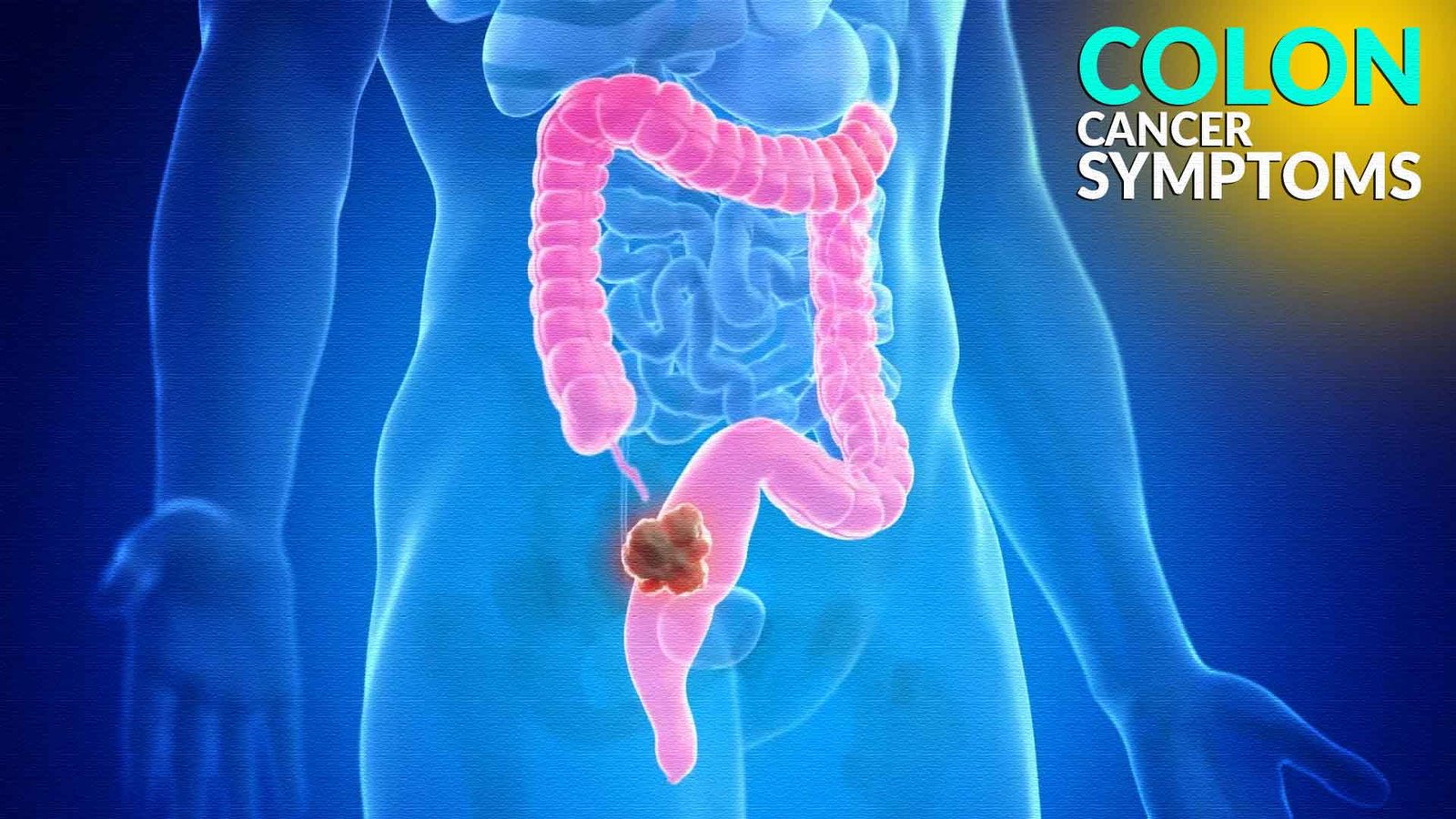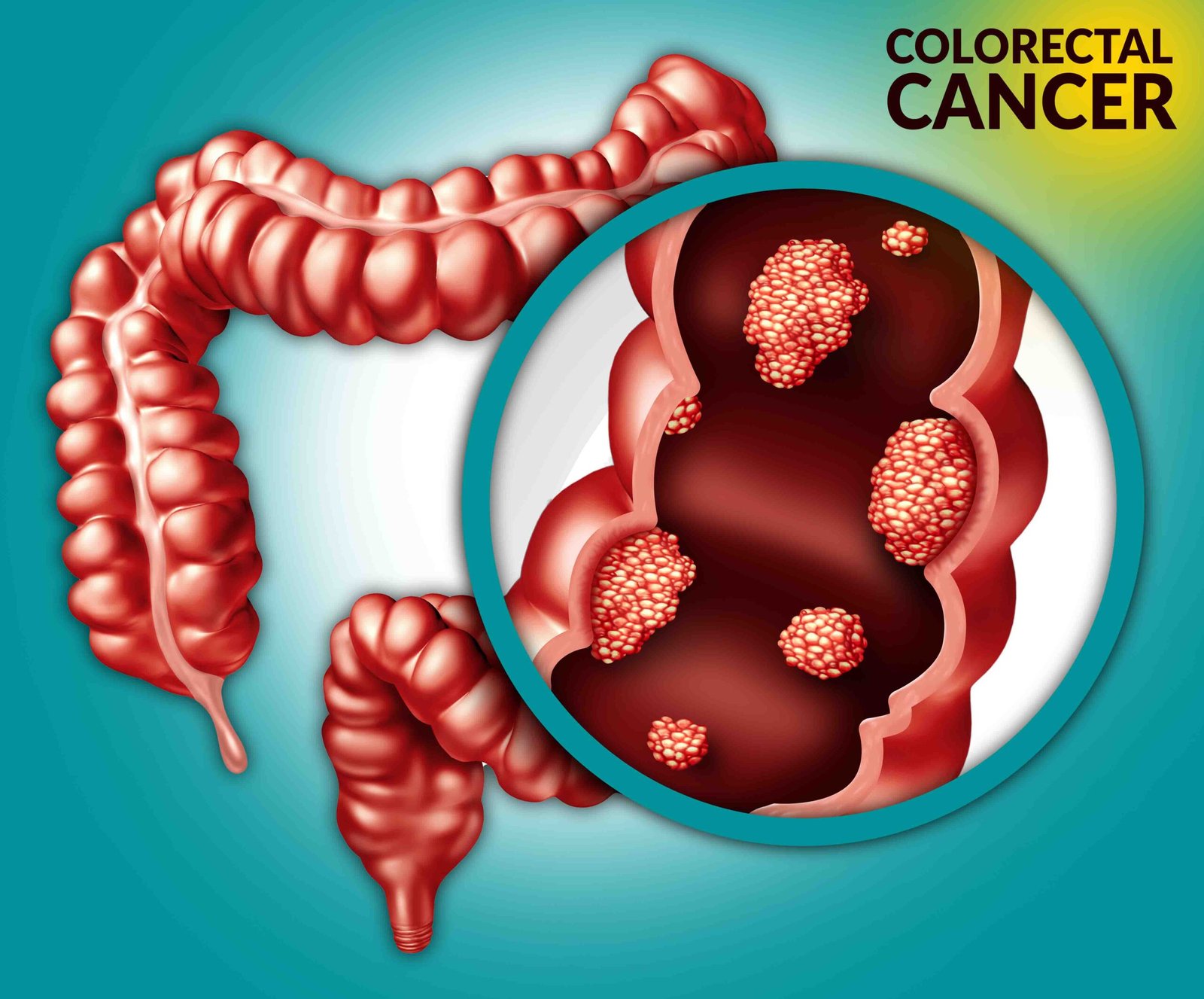HEALTH BLOG
Colon Cancer Symptoms: How to Recognise Early Signs for This Disease
-
 Rahul Priydarss
Rahul Priydarss - January 18, 2024

H
ere Colon cancer, also known as colorectal cancer, is a prevalent and potentially life-threatening condition that affects the colon or rectum.
Table of Contents
As one of the leading causes of cancer-related deaths in the United States, it is crucial to be vigilant about recognizing early symptoms for timely intervention. In this article, we will explore the various signs of colon cancer, emphasizing the importance of awareness and early detection.
Introduction:
Colorectal cancer is a prevalent and challenging health issue in the United States, ranking among the top cancer types. In this article, we will delve into the significance of ICD-10 coding in the context of colorectal cancer, decoding the language of diagnosis and its impact on healthcare practices.
What Is Colon Cancer:
Colon cancer originates in the colon or rectum, which are part of the digestive system. It typically develops from precancerous polyps, and abnormal growths in the colon lining. While not all polyps turn into cancer, detecting and removing them early can prevent the progression to malignancy.
Common Symptoms:
▪ Changes in Bowel Habits
▪ Blood in Stool
▪ Abdominal Discomfort
▪ Unexplained Weight Loss
▪ Fatigue
▪ Changes in Bowel Habits: Persistent changes in bowel habits, such as diarrhoea, constipation, or a noticeable change in stool consistency, could be indicative of colon cancer. Individuals experiencing these alterations should consult a healthcare professional for further evaluation.
▪ Blood in Stool: The presence of blood in the stool or rectal bleeding may signal colorectal issues. It is essential not to dismiss this symptom, as it can indicate various conditions, including colon cancer. Haemorrhoids or anal fissures could cause bleeding, but it is crucial to rule out more serious possibilities through medical assessment.
▪ Abdominal Discomfort: Persistent abdominal discomfort, cramps, or pain, especially if it is accompanied by other symptoms, should not be ignored. While these symptoms may be caused by various factors, they warrant a medical examination to determine the underlying cause.
▪ Unexplained Weight Loss: Unintentional weight loss without changes in diet or physical activity can be a red flag for various health issues, including colon cancer. Rapid weight loss should prompt a visit to a healthcare professional for a thorough evaluation.
▪ Fatigue: Chronic fatigue that persists despite adequate rest and sleep might be a symptom of colon cancer. As cancer progresses, it can lead to anaemia, causing fatigue and weakness. It is essential to address unexplained fatigue promptly.
The Importance of Early Detection:
Early detection of colon cancer significantly improves the chances of successful treatment. Regular screenings, such as colonoscopies, are instrumental in identifying precancerous polyps or early-stage cancer. The American Cancer Society recommends routine screenings for individuals aged 45 and older, and earlier for those with a family history of colon cancer.
Seeking Medical Attention:
If individuals experience any of the mentioned symptoms persistently, it is crucial to seek prompt medical attention. A healthcare professional can conduct diagnostic tests, such as colonoscopies or imaging studies, to assess the condition and determine the appropriate course of action.

Frequently Asked Questions (FAQs):
Q1: How is colon cancer diagnosed? A5: Colon cancer is typically diagnosed through a combination of methods, including a physical examination, blood tests, imaging studies (such as colonoscopy or CT scans), and biopsy. Early detection through routine screenings is crucial for successful treatment.
Q2: What should I do if I notice potential colon cancer symptoms? A6: If you notice any symptoms associated with colon cancer, such as persistent changes in bowel habits or unexplained abdominal discomfort, it’s important to consult with a healthcare professional promptly. They can conduct necessary tests and determine the cause of your symptoms.
Q3: Is colon cancer treatable if detected early? A7: Yes, the chances of successful treatment are higher when colon cancer is detected in its early stages. Treatment options may include surgery, chemotherapy, and radiation therapy. Regular screenings and early detection play a crucial role in improving outcomes.
-Remember, Always consult with healthcare professionals or Doctors for personalised advice related to medical conditions.

Prevention and Lifestyle Factors:
While some risk factors for colon cancer, such as family history and age, are beyond an individual’s control, there are lifestyle choices that can contribute to prevention:-
▪ Healthy Diet
▪ Regular Exercise
▪ Moderate Alcohol Consumption
▪ Avoiding Tobacco
Now every point is explained in detail:-
▪ Healthy Diet: A diet rich in fibre, fruits, and vegetables can contribute to colon health. Limiting red and processed meats is also advisable.
▪ Regular Exercise: Engaging in regular physical activity not only promotes overall health but may also reduce the risk of colon cancer.
▪ Moderate Alcohol Consumption: Excessive alcohol consumption has been linked to an increased risk of colorectal cancer. Limiting alcohol intake is a prudent choice for overall well-being.
▪ Avoiding Tobacco: Quitting smoking is beneficial for numerous health reasons, including a reduced risk of colorectal cancer.
Some Patient Reviews:
Arnold Swagger: Your article on colon cancer symptoms is a well-researched and comprehensive guide for readers looking to understand the early signs of this disease. The information is presented in a clear and organized manner, making it easy for readers to grasp the key points.
Mathue Jack: The content is well-organized, making it easy for readers to follow and absorb the information. The inclusion of statistics and risk factors adds depth to the article, emphasizing the importance of awareness and early detection.

Conclusion:
Colon cancer symptoms are often subtle, and early detection is key to effective treatment. Recognizing the signs and seeking medical attention promptly can make a significant difference in the prognosis and outcome. By staying informed, adopting a healthy lifestyle, and participating in routine screenings, individuals can take proactive steps toward maintaining colon health and reducing the impact of this prevalent form of cancer.
Previous Post





